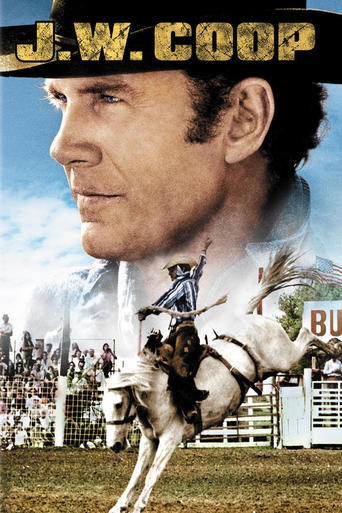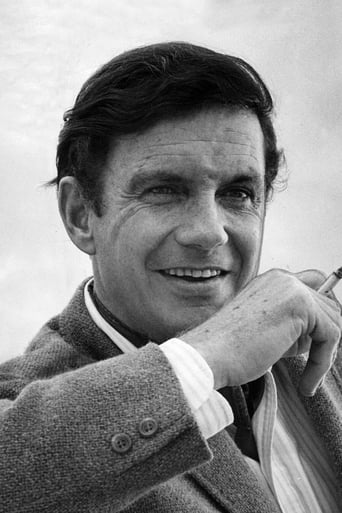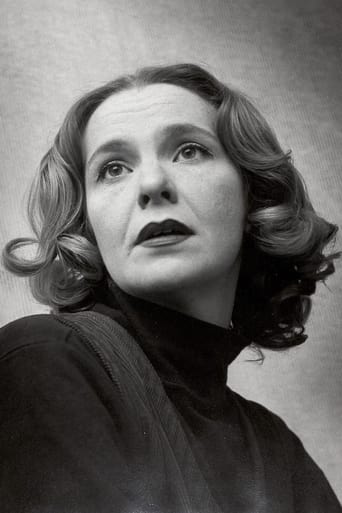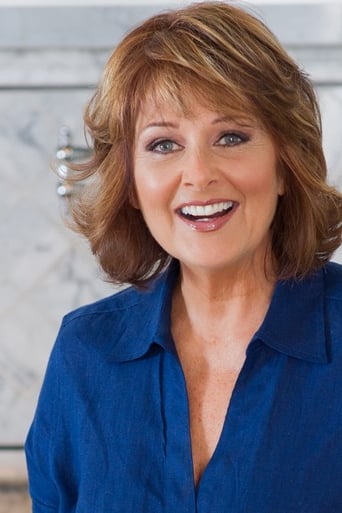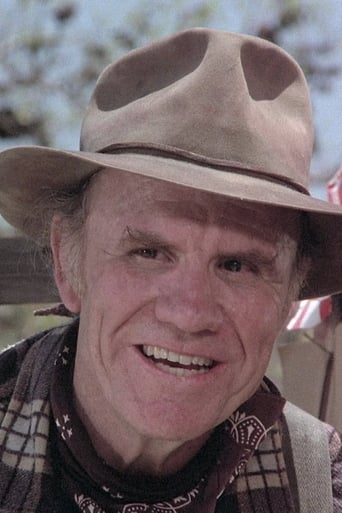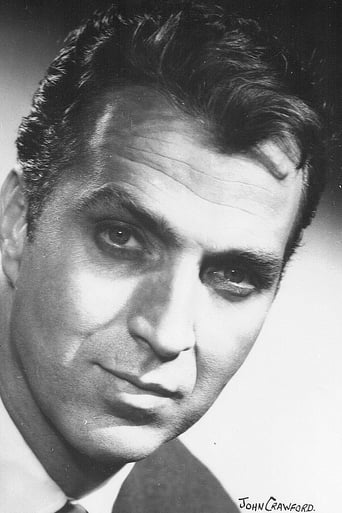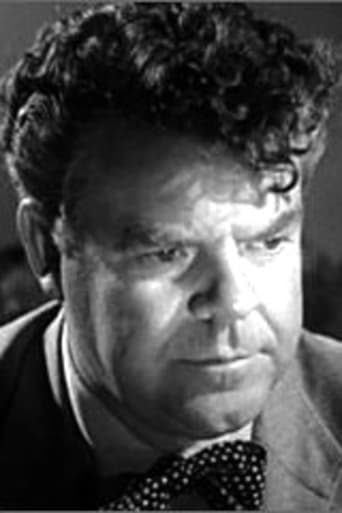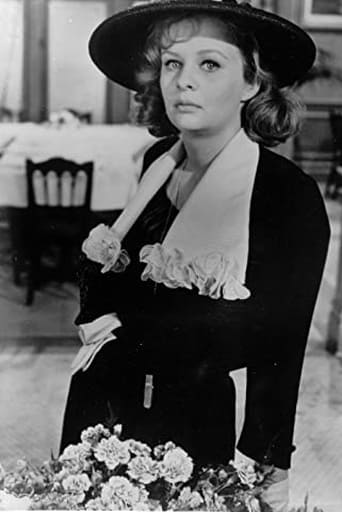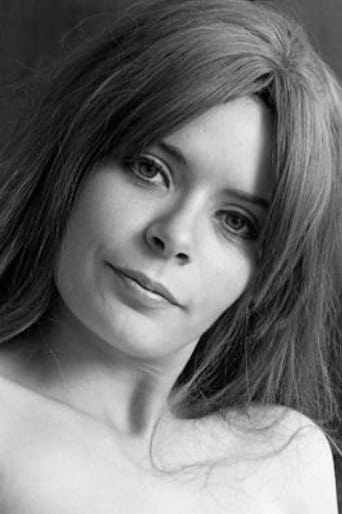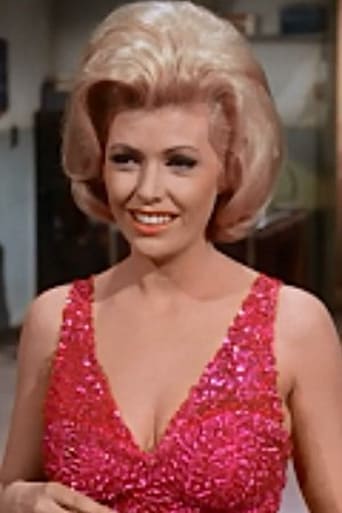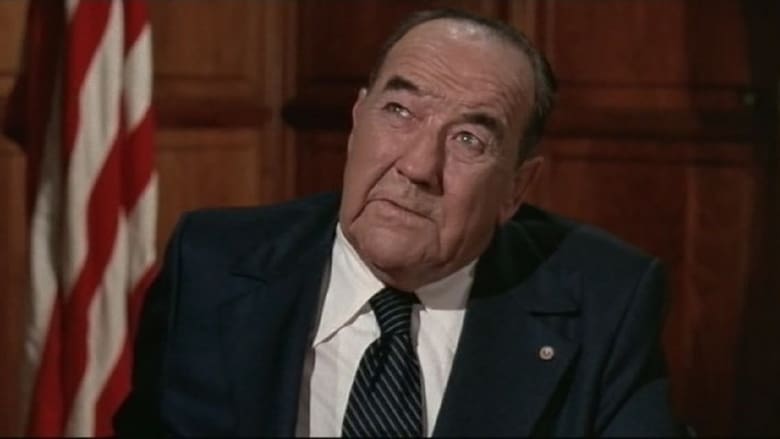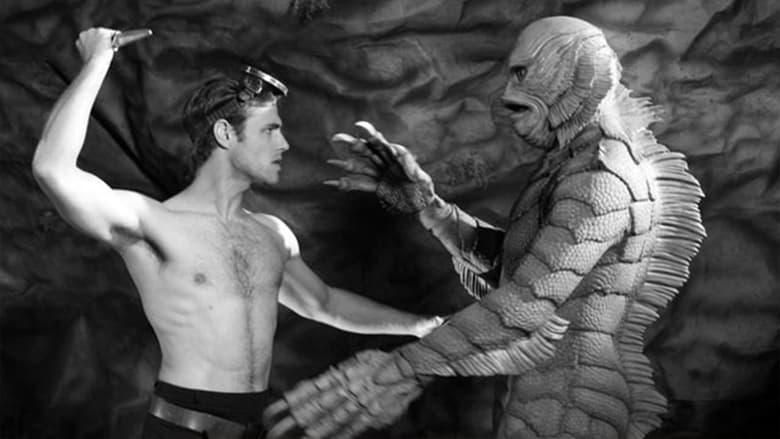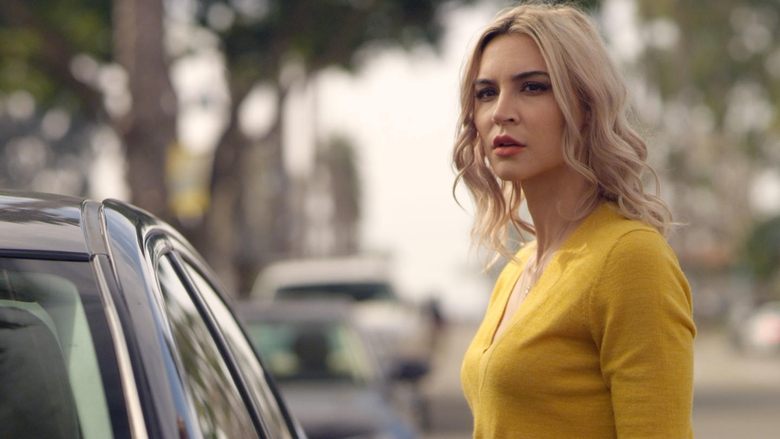After losing eight years to prison, cowboy J. W. Coop is released to return to life as a professional rodeo cowboy in the 60's. Determined to make up for the lost 'prime' years of his career, he doggedly goes forward, and learns that not only has the business of rodeo changed during his incarceration but society as a whole has made dramatic changes as well.


Reviews
Cliff Robertson co-wrote, co-produced, directed and stars in this unassuming rodeo drama-cum-character study, a movie he personally financed for distribution through Columbia Pictures by keeping costs down and paying most of his actors scale. It's a handsome, occasionally laconic piece of work, crisp and not dawdling, helped immeasurably by Frank Stanley's sometimes good-sometimes brilliant cinematography. The star of a Texas prison rodeo, having just served 10 years in the jug for writing bad checks, is paroled and hits the rodeo circuit, where he works his way up to second-best cowboy (just behind an airplane-chauffeured hotshot who barely has to break a sweat to be number one). Robertson directs himself very well--it is one of his finest performances--though the same can't be said for many of the supporting players, many of whom are real-life rodeo performers portraying themselves. An air of detached amateurism coats the project, with much of the background and sideline action coming off as needless, over-the-top, or just plain sloppy. Still, when Robertson zeros in on a sequence--such as a rough fist-fight in a men's washroom or an idyllic getaway for Coop and his hippie girlfriend--the results can be stunningly effective. Robertson is contemplative and unafraid to allow curious scenes to run their course; Geraldine Page, as Coop's mother, has just one long sequence that doesn't appear to do much for the picture, yet Robertson finds the rhythm in the dialogue and eventually gets to the meditative payoff. I'm not quite sure what the final scene is meant to say, except that "a loner is a lonely man"...still, the artiness which underlines the film's climax is a bit alienating. It doesn't make for a big night at the movies. ** from ****
Actor Cliff Robertson’s clout after his Oscar win in CHARLY (1968) allowed this personal venture which he wrote, produced and directed as well as starred in; the film, though much admired in some circles and certainly well-made, is essentially dreary and somewhat overlong for its purpose. Incidentally, rodeo is not a subject which has been treated often by Hollywood: a couple more notable efforts were Nicholas Ray’s rare but highly regarded THE LUSTY MEN (1952) – which I recently acquired but have yet to watch – and Sam Peckinpah’s contemporaneous and better-known JUNIOR BONNER (1972).Anyway, the titular figure is an enthusiast of the sport who wants to pick up where he left off following a 10-year stint in jail for fraud; after a pathetic reunion with his senile mother (a cameo, despite her second billing, by a disheveled Geraldine Page), he sets off to seek a prominent spot in the National Finals. This entails a series of contests across the country – he starts off by hitching rides to each destination, then borrows a van (through a friend) from a military base but, after scoring a number of successes and winning a pile of money, he can afford to fly the rest of the way.Robertson meets spirited young hippie Cristina Ferrare; following the initial distrust (being a middle-aged uneducated cowboy himself, they have virtually nothing in common), he comes to appreciate her devoted presence by his side – however, when he finally proposes marriage, she quits him. Coop’s biggest rival is a brash stud half his age whose wealth is able to keep him well ahead of the game (getting to the various rodeo venues by way of a private plane). Still, our hero perseveres – but his dream seems to come to an end when he breaks a leg; undaunted, he decides to mount a particularly wild bull…but his triumph this time around is short-lived and he’s gored by the testy animal! Robertson elicits fine performances all around and shows great feeling for small-town America – as well as passion for his central theme (which isn’t so much about achieving one’s goals no matter what, as how this often rings hollow when all one has to show for it is loneliness). A nice folksy score supplies the perfect accompaniment to the film’s attractive photography – offsetting the generally downbeat tone and the occasional instance of self-conscious direction (such as the use of abrupt zooms or Coop’s slow-motion last ride). Equally agreeable are its sparse moments of humor – namely the cowboy’s ironic home address, 1313 Luck Road, requested by an apologetic cop when he’s forced to give him a ticket (Coop’s driving his late father’s ‘smoking’ broken-down car) and the incident in the diner’s lavatory where rednecks attack the hero’s black pal but, even outnumbered, they beat up their assailants and, when the cops arrive, Robertson justifies the mess by claiming the locals had been making “weird advances”!
Cliff Robertson who was four years away from his Oscar winning performance in Charly, wrote, produced, directed and starred in this independent film that Columbia Pictures released, J.W. Coop. For the most part he produced a really gritty picture of life on the rodeo circuit. J.W. Coop is a driven man. A promising rodeo cowboy for some youthful indiscretions he did an almost 10 year prison stretch where he did keep his rodeo skills honed in penal rodeo competition. He's out now, determined to make it back and pick up the promising career he abruptly left. Of course 1962 to 1972 were years of seismic cultural shifts in America so Coop's in for quite a few surprises. I particularly like the scene with the officious highway patrolman who writes him a ticket for the bad emissions and lack of muffler on the 49 Hudson he was driving. It belonged to his father and Geraldine Page his Mom had just kept in the garage. Lots of changes in social behavior as well. Robertson falls for Cristina Ferrare a hippie chick who's just out for a good time. Big sexual revolution in the sixties that he missed out on.Of course the big scene is Robertson who is number 2 in the standings and winner of a lot of prize money gets back on a brahma bull AFTER he's broken his leg and he rides it while in a cast. Sheer unadulterated craziness as his doctor tries to tell him. But he's determined to be number one. That ending shot after the bull has thrown him and he's probably now permanently injured of Robertson sitting by the fence of an empty rodeo arena is unforgettable. It makes no sense to most of us, but being in your early thirties in rodeo would make you a Methuselah. Just check the cowboys ages if you happen to be watching rodeo. Robertson knows this might be his last shot. But he should have settled for second.J.W. Coop is a fine look at rodeo and belongs right up there with films like The Lusty Men and 8 Seconds as a realistic look at rodeo life.
Excellent story about a cowpoke who wants to be the number one rider in the nation. He worked hard at it, and made his name well known on the circuit, even getting to the point of acquiring his own airplane. A good look at the rodeo from behind the scenes. Near the end was a very graphic scene of a cowboy caught up in the harness of a raging bull. I heard it was not a setup take, but was real footage from a rodeo. I know it made me cringe to watch it. 4 stars.
